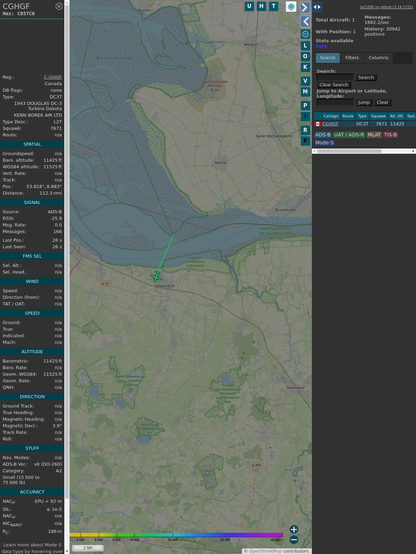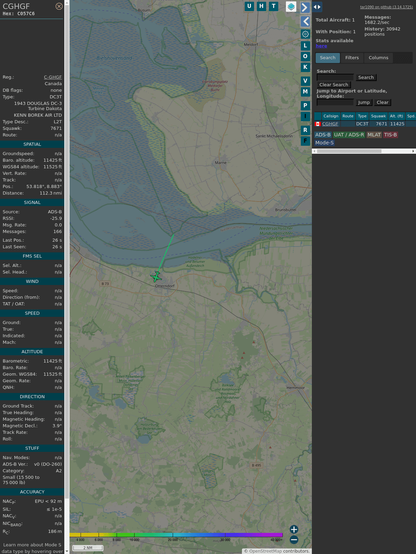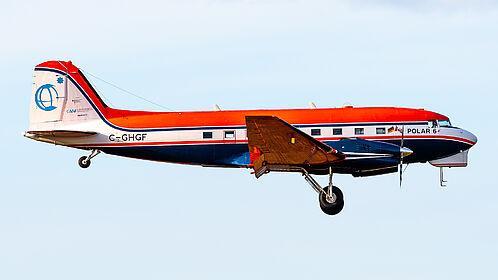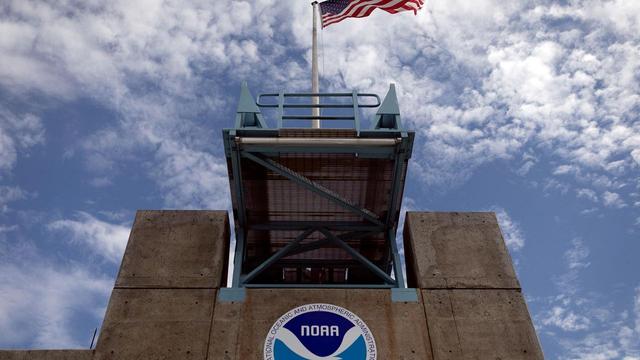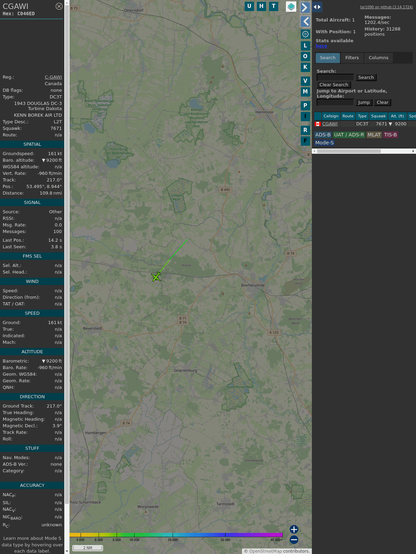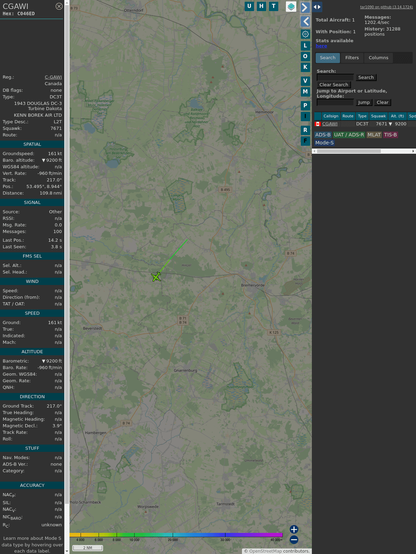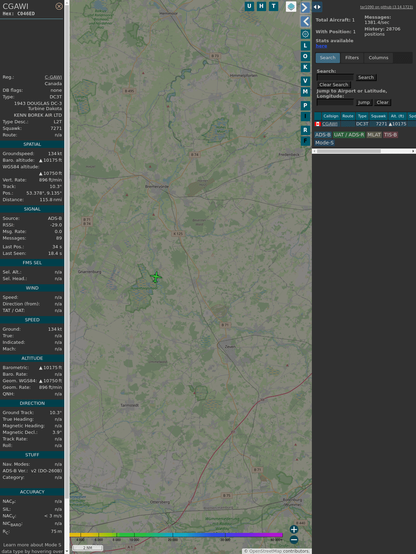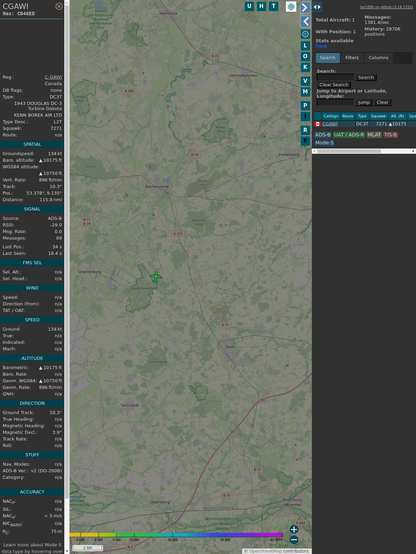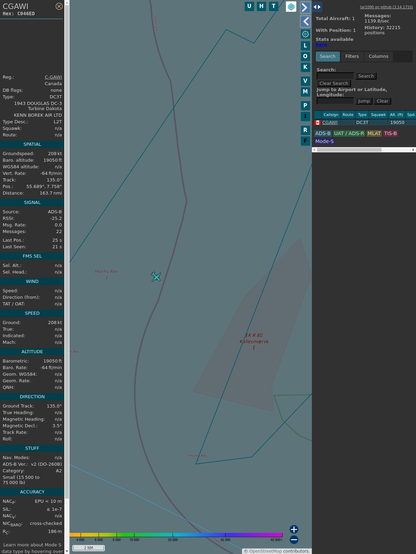Ein Plädoyer für alle ForscherInnen und die #Wissenschaft in #Deutschland (und weltweit) sowie #EineGuteNachricht trotz bedenklicher Entwicklungen in den #USA:
"Wegen der Umstrukturierungen in US-Behörden, die zentrale Plattformen für Umwelt- und Klimadaten bereitstellen, sind Datenbestände gefährdet. Deutsche Einrichtungen engagieren sich für ihre Rettung.
...
Das bestätigte das Alfred-Wegener-Institut, Helmholtz-Zentrum für Polar- und Meeresforschung (AWI) in Bremerhaven MDR Investigativ."
und
"Die Daten der NOAA dienen beispielsweise auch einem besseren Verständnis von El Niño/La Niña-Ereignissen, von Tornados, Hurrikanen oder der Ausbreitung von Luftschadstoffen." Wenn solche Daten dauerhaft fehlten, würden Frühwarnsysteme, Küstenschutzmaßnahmen und internationale Klimamodelle an Präzision verlieren, warnt Koch. ..."
Quelle: https://www.tagesschau.de/investigativ/mdr/usa-forschung-datensicherung-100.html
#AlfredWegenerInstitute #forschung #germany #goodNews #NOAA #helmholtzzentrumfurumweltforschung
#klimawandel
@helmholtz
@HelmholtzOpenScienceOffice
